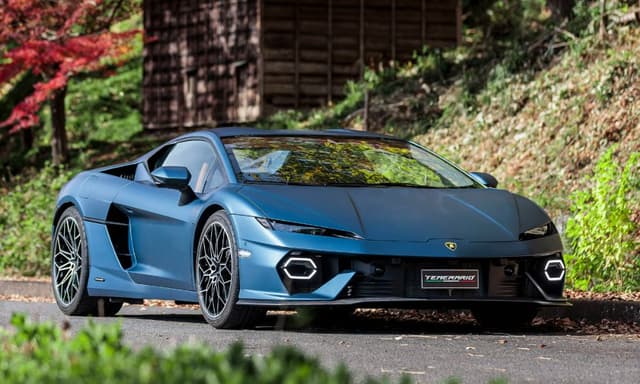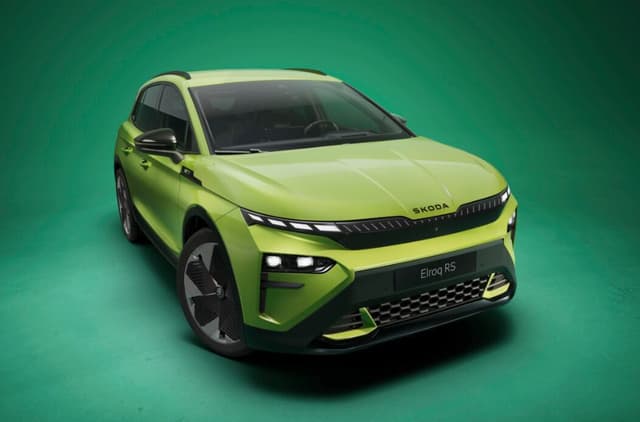Different Types of Charging Stations for Electric Vehicles

Highlights
A typical electric vehicle owner can charge 80% of their car at home. However, you might need to power up your vehicle in case of long-distance travel. If you have never used a charging station before, you might find the different levels confusing.
Which charging station is suitable for your car? If you want to learn more about different charging stations, you've come to the right place!
Level 1 Electric Vehicle Charging Stations
Level 1 electric vehicle charging stations include a 120V AC plug. You can plug these chargers into a standard wall outlet. One of the best parts about the level 1 chargers is that they do not require any installation and additional equipment. You can find level 1 chargers around your home.
It is also worth mentioning that level 1 chargers are the most affordable amongst the different available charging stations. But it is worth noting that these chargers take the most time to power up your car's battery.
You can use this charger type for overnight charging. Charzer, Kazam, and Alphaa EV are some brands that manufacture level 1 EV chargers.

Photo Credit: unsplash.com
Level 2 Electric Vehicle Charging Stations
Next are the level 2 electric vehicle chargers available in residential and commercial charging stations. Note that a residential level 2 charger uses a 240V AC plug. On the other hand, commercial chargers equip a 208V AC plug.
One of the differences between level 1 and level 2 chargers is that the latter requires proper installation. You have to resort to the services of a professional electrician for this purpose. You can also install the level 2 electric chargers as a part of your solar panel system.
Level 2 chargers deliver 10 to 60 miles of range per hour of charging. With just 2 hours of charging, your car's battery will attain full charge. Delta, MassTech, and ABB are some names in the production of level 2 chargers.

Photo Credit: unsplash.com
Level 3 Electric Vehicle Charging Stations
You will often notice people using the terms level 3 chargers and DC fastest chargers simultaneously. These chargers have CHAdeMO or CCS2 connectors. What's the most surprising advantage? Well, these connectors offer 100+ miles of range for your electric car with just 40 minutes of charge.
However, DC fastest chargers are only used in industrial or commercial applications. It is because a DC charging station demands highly-specialized, high-powered equipment. Also, all-electric vehicles might not support level 3 chargers. Generally, the plug-in hybrids do not come with level 3 charger compatibility.

Photo Credit: unsplash.com
You should opt for level 1, 2, or 3 electric vehicle charging stations depending on the type of EV chargers your vehicle supports. Hopefully, this article has cleared your doubts about the types of charging stations for EVs!
Latest News
- Home
- News
- Auto Industry
- Different Types of Charging Stations for Electric Vehicles














